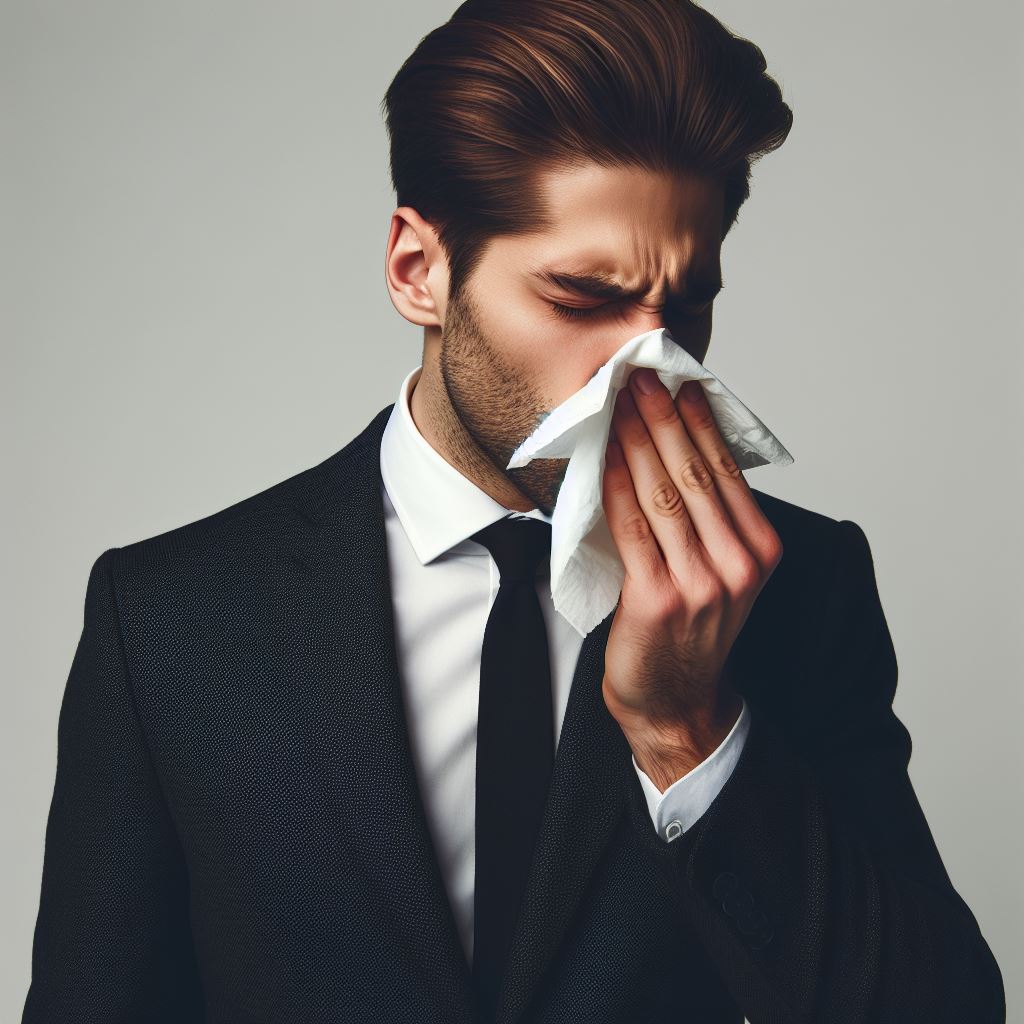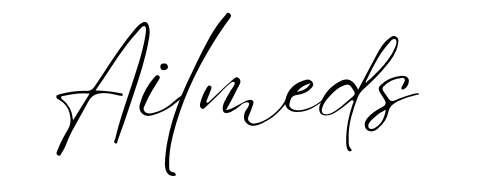Nasal Congestion

Nasal congestion, commonly referred to as a “stuffy nose,” can arise from colds, allergies, sinus infections, or other factors. Several over-the-counter (OTC) treatments can provide relief:
1. Nasal Decongestant Sprays:
Oxymetazoline (e.g., Afrin, Dristan, Vicks Sinex, Otrivin)
Phenylephrine (e.g., Neo-Synephrine)
These sprays can provide rapid relief from nasal congestion. However, they should not be used for more than three consecutive days to avoid rebound congestion (a worsening of congestion after the medication wears off).
2. Oral Decongestants: Pseudoephedrine (e.g., Sudafed): Available behind the counter in many locations; you may need to ask the pharmacist.
Phenylephrine (e.g., Sudafed PE): Found in many combination cold and allergy medications.
3. Nasal Steroid Sprays:
Fluticasone (e.g., Flonase)
Triamcinolone (e.g., Nasacort)
Budesonide (e.g., Rhinocort)
These sprays reduce inflammation in the nasal passages and can be especially helpful for allergy-related nasal congestion. It may take a few days of consistent use to experience the full benefits.
4. Saline Nasal Sprays or Rinses: Saline solutions help moisten nasal passages, thin out mucus, and clear out allergens. They can be used as frequently as needed. Devices like Neti pots or squeeze bottles can effectively deliver saline to the nasal passages.
5. Nasal Strips (e.g., Breathe Right): These adhesive strips are applied externally across the nostrils. They physically pull open the nasal passages and can provide relief from congestion, especially during sleep.
6. Oral Antihistamines: Useful if nasal congestion is due to allergies.
Diphenhydramine (e.g., Benadryl): May cause drowsiness.
Loratadine (e.g., Claritin)
Cetirizine (e.g., Zyrtec)
Fexofenadine (e.g., Allegra)
7. Menthol Products: Inhalers, creams, or balms containing menthol (e.g., Vicks VapoRub) can produce a cooling sensation in the nasal passages, providing temporary relief from congestion.
8. Eucalyptus Oil: Inhaling the vapors can help open up the nasal passages. It can be added to hot water for steam inhalation or applied in balms or creams.
9. Combination Medications: Many OTC cold or allergy medicines combine an antihistamine, decongestant, and sometimes a pain reliever. Always check the label to know what you’re taking and avoid doubling up on ingredients.
Important Considerations:
If nasal congestion is persistent or associated with other severe symptoms like high fever, facial pain, or colored nasal discharge, it may indicate a sinus infection that requires medical attention.
Overuse of nasal decongestant sprays can lead to rebound congestion.
Individuals with certain health conditions, like high blood pressure, thyroid disorders, or diabetes, should be cautious and consult a healthcare professional before using oral decongestants.
It’s crucial to use all medications as directed and be aware of potential side effects or interactions, especially if taking other medications or if you have underlying health conditions.
Always consult with a healthcare professional for a proper diagnosis and recommendations tailored to your specific situation.
Related: Allergy
Additional Information
Non-Pharmacological Remedies for Nasal Congestion
Combat nasal congestion effectively with simple non-pharmacological remedies. Stay hydrated to thin mucus, use a humidifier to maintain optimal air moisture, and apply warm compresses to ease nasal passages. These easy, natural solutions offer relief without the need for medication.
Environmental Factors and Nasal Congestion
Nasal congestion often stems from environmental factors. Poor air quality, low humidity, and allergens like pollen, dust, and pet dander can trigger congestion. Awareness and management of these factors can significantly reduce nasal discomfort.
Preventive Measures Against Nasal Congestion
Prevent nasal congestion by taking proactive measures. Regular cleaning to minimize allergens, avoiding smoking, and steering clear of known triggers are effective strategies to keep nasal passages clear.
Nasal Hygiene Tips
Maintain good nasal hygiene to prevent congestion. Regular cleaning of the nasal passages and avoiding irritants can keep your nose clear and infection-free.
